CWCS Training Course & Research Guidance Programme
Explore CWCS Training Course and Research Guidance Programme designed to advance skills in child rights, gender equity, digital wellbeing, and more.
Our Approach
At CWCS, our approach is centered on empowering individuals and communities through transformative education, research, and advocacy. Each of our training courses is designed to build critical understanding, professional competence, and leadership for advancing gender equality, child rights, and social justice.
We combine interdisciplinary learning with participatory methods to ensure that every participant not only gains theoretical knowledge but also develops practical skills to create real-world impact. From protecting children in the digital age to promoting climate justice, gender equity, and inclusive resilience, our programmes foster awareness, empathy, and innovation.
Through mentorship, research guidance, and academic development, CWCS nurtures changemakers who champion equality, protect human rights, and drive sustainable social transformation.
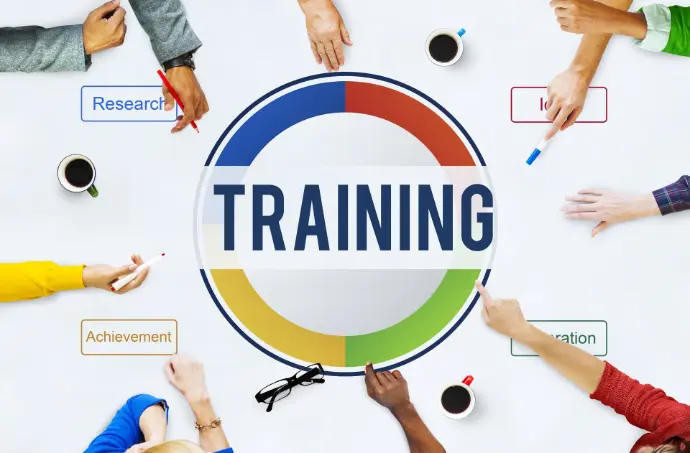
Our Training Courses
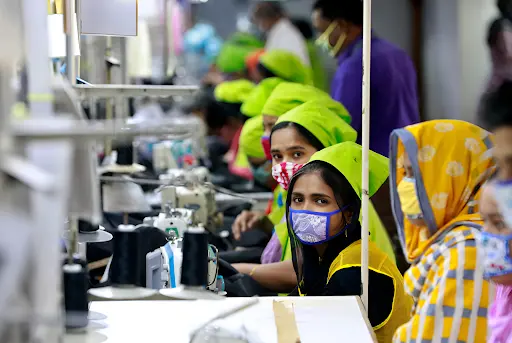
TC 101: Transforming Lives: Women’s Rights, Inclusion, and Leadership in Development
The Transforming Lives: Women's Rights, Inclusion & Leadership in Development is a 3-month intensive training course that builds strong theoretical and practical foundations in advancing women’s rights, inclusion, and leadership in development. Participants explore gender equality frameworks, empowerment strategies, inclusive governance, and policy processes that influence women’s participation in social and economic spheres. Combining research, advocacy, and practical engagement, the course equips participants with the skills to design and lead gender-responsive, rights-based development initiatives.
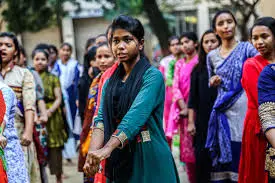
TC 102: Feminism and Social Transformation: Empowering Women for Change
The Feminism and Social Transformation: Empowering Women for Change is a 3-month intensive training course providing a comprehensive understanding of feminist theories and movements driving social transformation. Participants examine power structures, gender justice, and intersectionality while exploring strategies for advocacy, activism, and policy reform. Through a blend of theory, reflection, and field practice, the course empowers participants to champion women’s rights and lead transformative change in their communities and beyond.

TC 103: Gendered Pathways to Environmental Resilience: Women’s Roles in Climate Adaptation
The Gendered Pathways to Environmental Resilience: Women’s Roles in Climate Adaptation is a 3-month intensive training course that explores the vital connections between gender,
environment, and climate resilience. Participants examine how women contribute
to and are affected by environmental change, focusing on adaptation,
sustainability, and community resilience. Integrating theory, policy analysis,
and practical fieldwork, the course equips participants with the knowledge and
skills to design gender-responsive climate strategies that promote inclusive
and sustainable development.
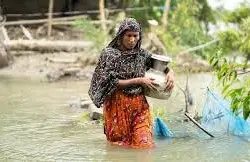
TC 104: Climate Justice, Gender Equity, and Inclusive Resilience
The Climate Justice, Gender Equity and Inclusive Resilience is a 3-month intensive training course that examines how climate change intersects with gender, justice, and human rights. It equips participants to analyze power dynamics, promote inclusive adaptation, and design community-based climate solutions. Through case studies and project work, learners build advocacy and leadership skills to drive equitable and resilient climate action for vulnerable groups.

TC 105: Child Rights Policy and Development Planning
The Child Rights Policy and Development Planning is a 3-month intensive training course designed to build strong theoretical and practical knowledge on promoting and safeguarding children’s rights. Participants explore legal frameworks, child protection systems, education, health, and policy processes that shape childhood and development. The course combines research, advocacy, and field practice to equip participants with hands-on skills for creating rights-based, child-centered interventions.

TC 106: Digital Wellbeing and Cybersecurity for Children
The Digital Wellbeing and Cybersecurity for Children is a 3-month intensive training course focused on ensuring children’s safety and wellbeing in the digital age. Participants learn how to balance technology use with healthy development, protect children’s privacy, prevent cyber threats, and promote positive digital citizenship. It offers practical strategies for parents, teachers, NGO workers, and child rights advocates to create safe and empowering online spaces for children aged 6–18.
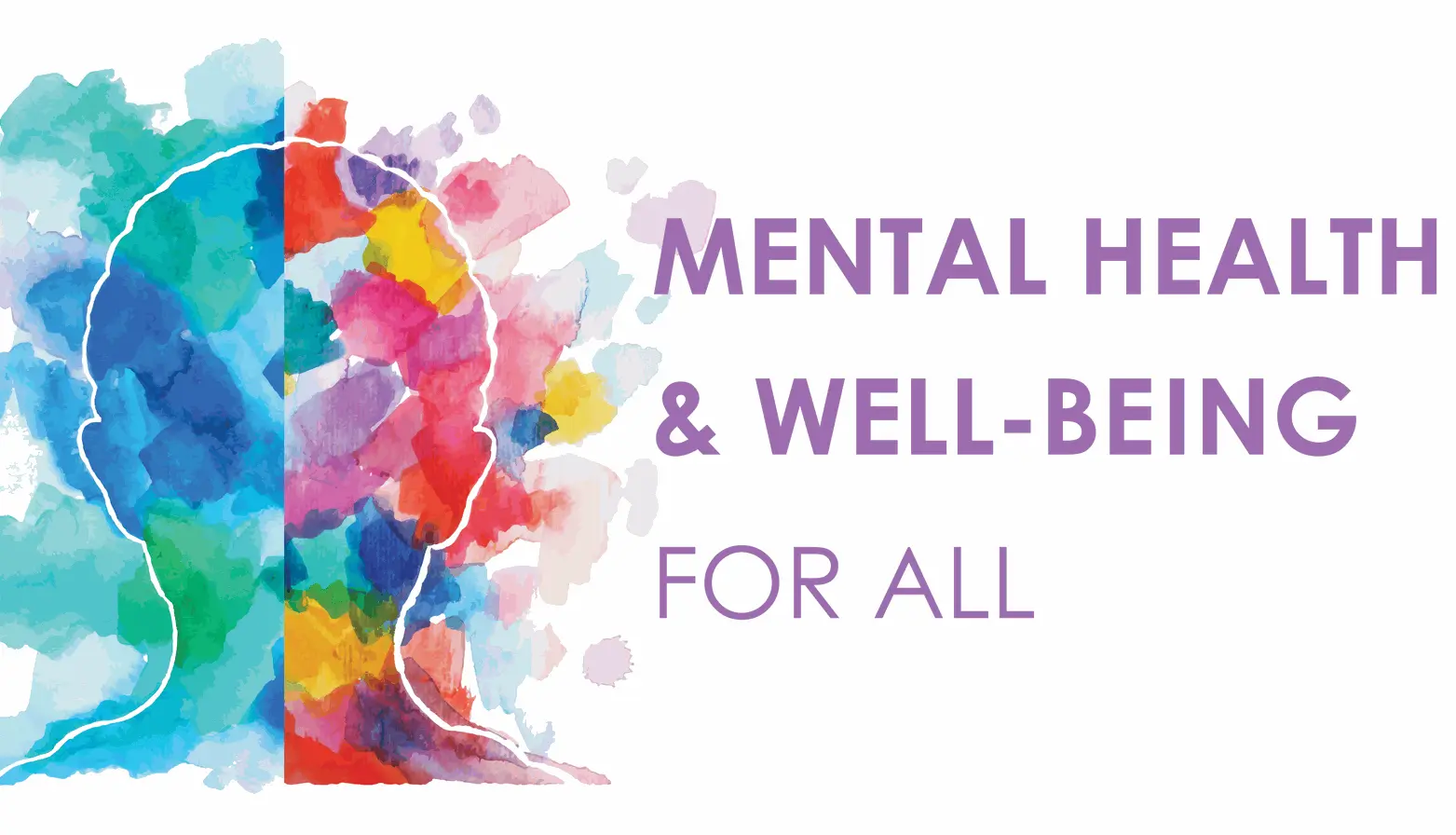
TC 107: Pathways to
Mental Health and Well-Being
The Pathways to Mental Health and Well-Being is a 3-month training course, designed to promote understanding, awareness, and practical strategies for nurturing mental and emotional resilience. It provides participants with the knowledge and tools to recognize stress, manage emotions, and build supportive relationships in both personal and community settings. Through interactive discussions, group activities, and self-reflection, participants will explore the connection between mind, body, and environment learning how to maintain balance and well-being in everyday life. The course emphasizes empathy, self-care, and collective responsibility for fostering healthier, more inclusive communities.

TC 108: Addressing Stigma and Promoting Recovery from Post-Traumatic Stress Disorder (PTSD)
The This 3-month training course focuses on enhancing awareness and understanding of Post-Traumatic Stress Disorder (PTSD), a mental health condition that can affect anyone who has experienced or witnessed a traumatic event. It provides participants with the knowledge and practical tools to identify symptoms, respond with empathy, and support individuals in their healing and recovery journey. Through interactive discussions, real-life case studies, and participatory exercises, participants will explore the psychological, emotional, and social impacts of PTSD, with a strong emphasis on overcoming stigma and fostering resilience. The course aims to promote a compassionate, informed, and inclusive approach to mental health support within families, communities, and workplaces.
Our Research Courses

RC 101: Research Methodology and Applied Data Collection Techniques
The Research Methodology and Applied Data Collection Techniques is a 2-month training course designed to strengthen participants’ understanding of how to design, conduct, and manage high-quality research in development contexts. In Bangladesh, where evidence-based decision-making is vital for addressing complex social and environmental challenges, strong research skills are essential. The course introduces key concepts of research design, sampling, data collection, and analysis using both qualitative and quantitative methods. Participants will gain practical experience in applying field-tested tools and techniques to collect reliable and relevant data for policy and programme development.

RC 102: Mixed Methods Research: Integrating Qualitative and Quantitative Insights
The Mixed Methods Research: Integrating Qualitative and Quantitative Insights is a 2-month training course designed to helps participants combine statistical data with personal experiences to capture the full reality of people’s lives. By blending surveys, interviews, and participatory tools, participants will learn how to design and conduct research that produces richer, more reliable, and actionable evidence. Understanding complex social and environmental issues in Bangladesh requires more than numbers or stories alone. The course emphasizes practical applications in areas such as gender equality, community resilience, and climate change adaptation.

RC 103: Gender-Sensitive Research and Data Collection Techniques
The Gender-Sensitive Research and Data Collection Techniques is a 2-month training course aims to build the capacity of researchers and practitioners in Bangladesh to integrate gender perspectives throughout the research process. Gender-responsive research is essential for producing inclusive and meaningful evidence. The course introduces practical tools and participatory methods for collecting and analyzing sex-disaggregated and gender-responsive data. Through real-life examples from Bangladesh, participants will learn how to ensure women’s and marginalized groups’ voices are represented in research and used to inform equitable policies and development programmes.

RC 104: Child Rights Research:
Concepts, Tools, and Approaches
The Child Rights Research: Concepts, Tools and Approaches is a 2-month training course that equips practitioners and researchers in Bangladesh to design and conduct ethical, child-centered studies. Grounded in the United Nations Convention on the Rights of the Child (UNCRC), it highlights participation, protection, non-discrimination, and the best interests of the child throughout the research process. Participants are introduced to qualitative and quantitative methods such as interviews, surveys, observations, and participatory visual tools that recognize children as active social agents.
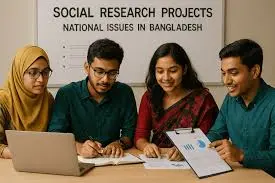
Research Guidance & Academic Development
The Research Guidance and Academic Development Programme is designed to strengthen participants’ research skills and academic growth. This programme aims to build capacity in research design, data analysis, and academic writing to help emerging scholars and professionals produce impactful, evidence-based work. Through mentorship, interactive sessions, and practical exercises, participants will gain the tools and confidence to conduct high-quality research and contribute meaningfully to knowledge creation in their respective fields.
Ready to Empower Change?
Join CWCS in building a safer, more equal world for women and children. Together, we can create lasting impact through education, research, and advocacy. Your journey toward empowerment begins here.